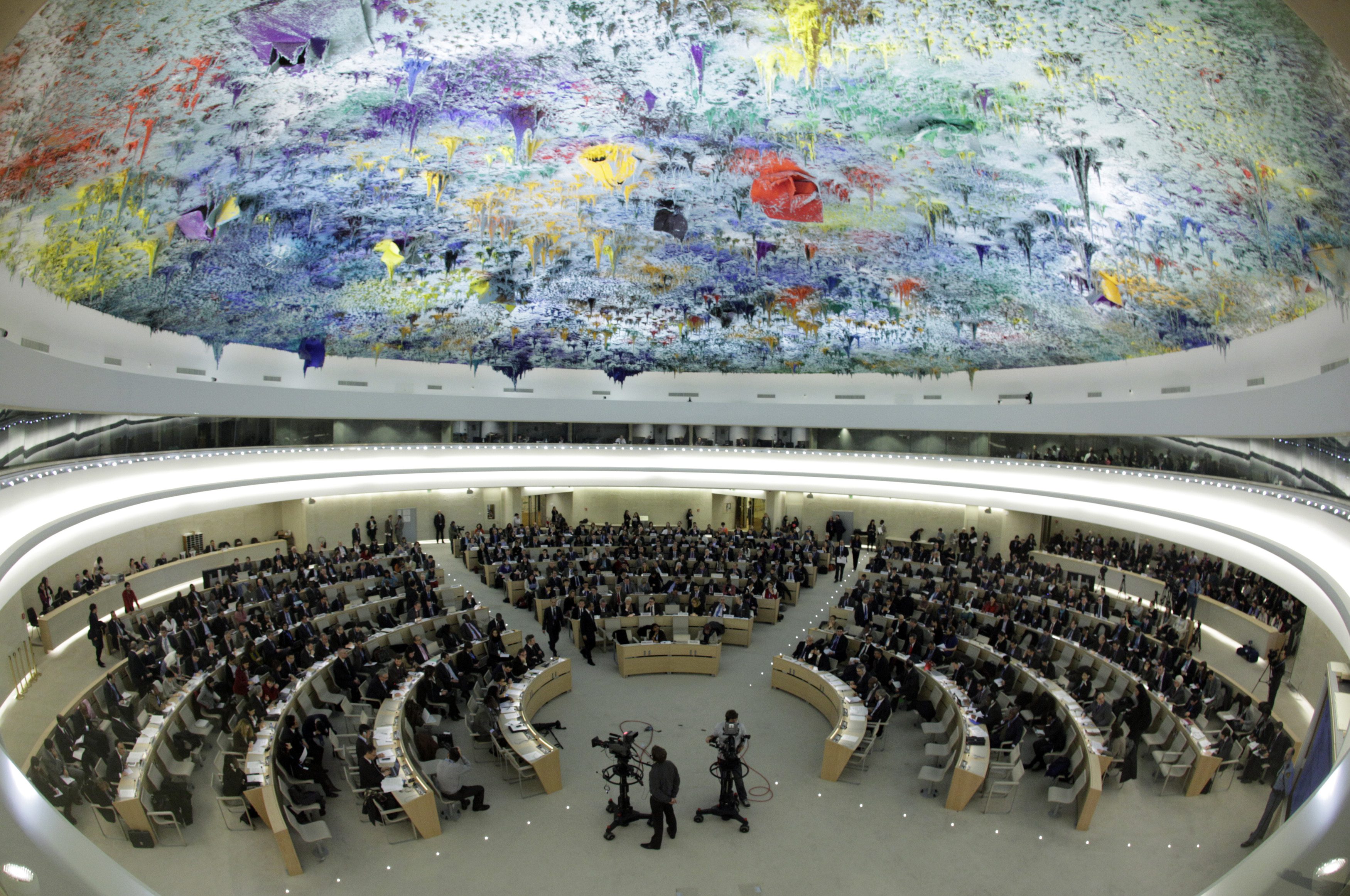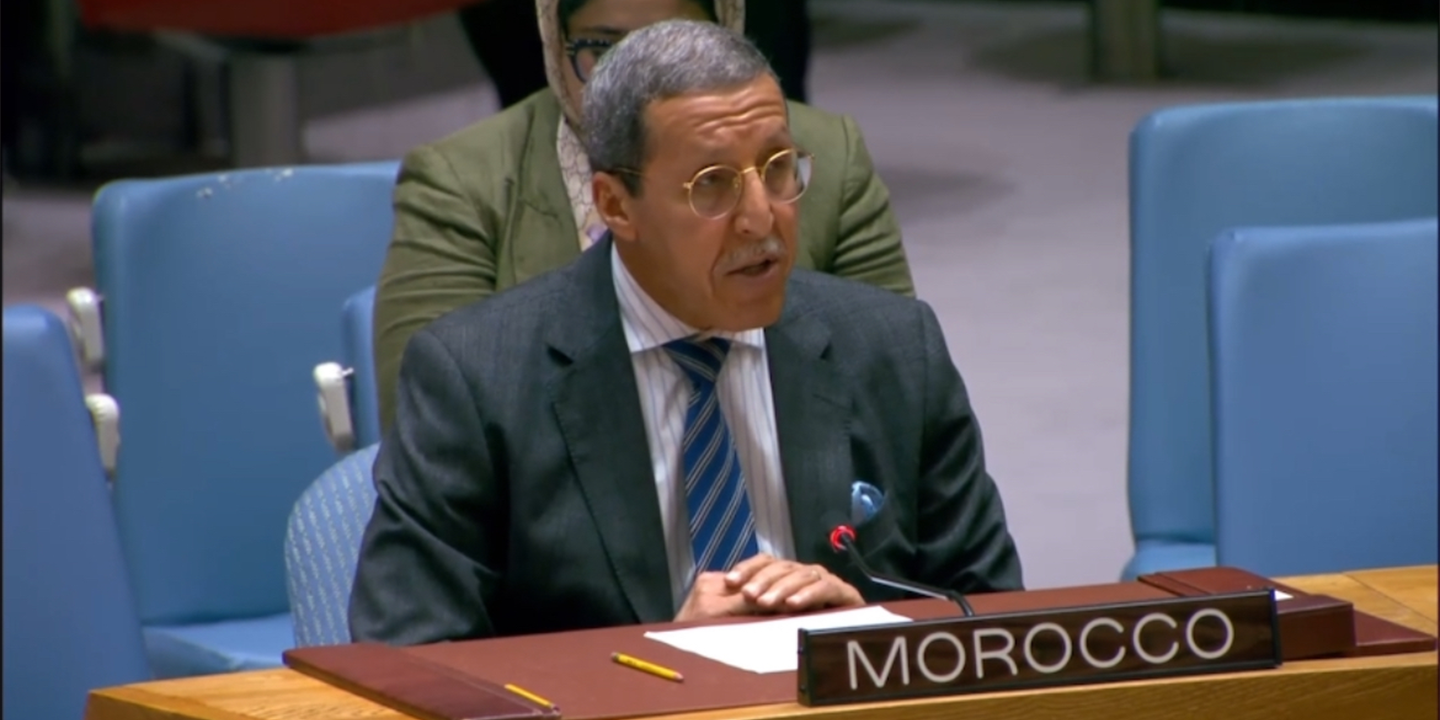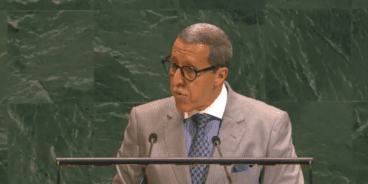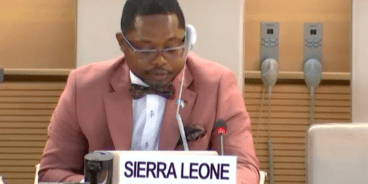

Statement delivered on behalf of the Group of Friends of R2P at the UN Security Council Open Debate on the Protection of Civilians in Armed Conflict, 2024
Mr./Mme. President,
I have the honor of delivering this statement on behalf of the Group of Friends of the Responsibility to Protect, consisting of 55 Member States and the European Union, and this year co-chaired by Croatia, Guatemala and Morocco.
This year marks both the 25th anniversary of the Security Council’s adoption of the Protection of Civilians (POC) in armed conflict agenda, and the 75th anniversary of the 1949 Geneva Conventions. Despite the international community’s continued commitment to protecting civilians from human rights violations and atrocity crimes, today we bear witness to a continuing and pervasive degradation of respect for civilian lives and an appalling disregard for the norms and laws that the international community established to alleviate the effects of armed conflict.
The results are tremendous human suffering and a high risk of atrocity crimes. More than 114 million people are currently displaced as a result of conflict, atrocities and persecution worldwide, with disproportionate impacts on women and girls. Children make up a substantial number of persons displaced as a result of conflict, and 2023 is likely to see the highest number of abuses against children in the 25 years of the POC agenda. In 2023, the United Nations recorded at least 33,443 civilian deaths in armed conflicts, a 72 per cent increase compared with 2022.
In light of these horrendous figures, it is important to recall that at the World Summit in 2005, all heads of state and government affirmed that each State has the responsibility to protect its populations from genocide, war crimes, ethnic cleansing and crimes against humanity. The international community, through the UN, also has the responsibility to use appropriate diplomatic, humanitarian, and other peaceful means, in accordance with the Charter, to protect populations.
Mr./Mme. President,
While today’s debate provides an important opportunity to mark progress in protecting civilians, the Security Council should also acknowledge that a widening gap between legal obligations and practice jeopardizes progress on all protection agendas, and leaves civilians at increased risk of atrocity crimes. The human suffering caused by these setbacks and failures compels us to consider how to prevent, protect and generate the will to respond more effectively.
It is within this context that the Group of Friends would like to stress the following points:
First, full and effective compliance with international law is fundamental to the protection of civilians. All parties to conflicts are obligated to respect international humanitarian law and international human rights law, as applicable, and those responsible for violations should be held accountable, including in relation to conflict-related sexual and gender-based violence.
Secondly, Member States should take meaningful action at the national and international level to improve the protection of civilians in conflict, including by reviewing and implementing policies, guidelines and practices relating to civilian harm mitigation, as well as by ensuring policies on arms and ammunition transfers take into account the risk of such transfers contributing to violations of international humanitarian law or their international human rights law obligations.
Thirdly, it is of the utmost importance that States put in place appropriate legislative and institutional arrangements to comprehensively address violations of international humanitarian law and international human rights law, and to provide justice for victims and survivors, including by holding those who commit such violations and abuses accountable.
Fourthly, while the number of people who are in dire need of humanitarian assistance across the world continues to grow dramatically, the humanitarian system is overwhelmed, overstretched and critically underfunded, and humanitarian aid workers are carrying out life-saving work in increasingly complex and dangerous environments. While the international community continues to struggle with access and ability to provide assistance, Member States should urgently respond to the UN’s humanitarian appeals, increase predictable, innovative, flexible and adaptive funding, and build partnerships with local and decentralized aid structures.
Far too many civilians are killed in both direct and indiscriminate attacks in today’s complex and protracted conflicts. The international community should make every effort to assist civilians caught up in these conflicts. The Members of the Security Council should take timely and decisive action aimed at ending and preventing atrocities and not hinder credible efforts to this end. We note in this context the ACT Code of Conduct and the French-Mexican initiative on the suspension of the use of veto in cases of mass atrocities. Women’s full, equal, meaningful and safe participation in conflict resolution negotiations and decision-making processes should be considered as a means to attain and sustain peace and security for all.
Finally, the surest way to protect civilian populations is by investing in the prevention of conflict and peaceful settlements of disputes, based on the principles of justice and international law.
Thank you, Mr./Mme. President.
Related Content


Statement on behalf of the Group of Friends of the Responsibility to Protect at the 2025 UN General Assembly Debate on R2P
